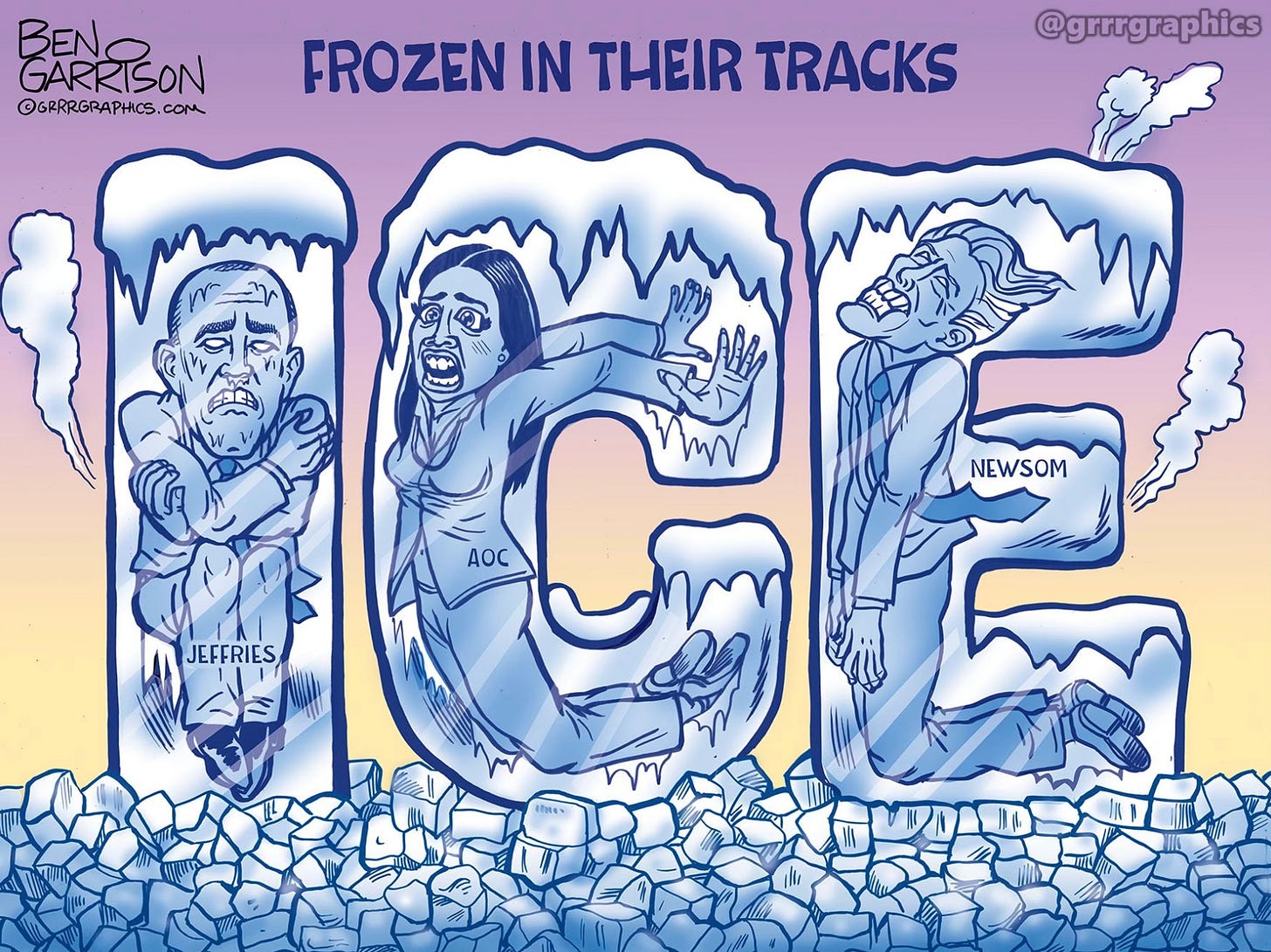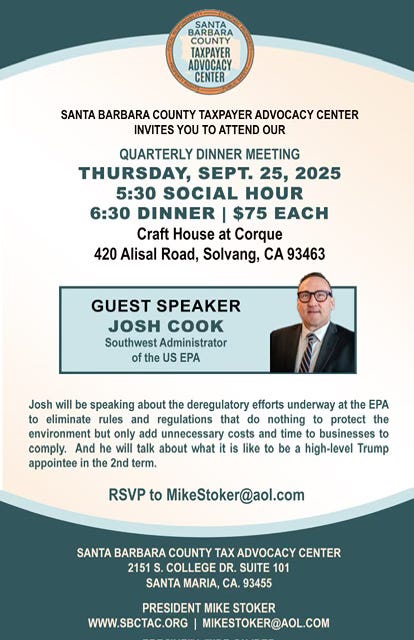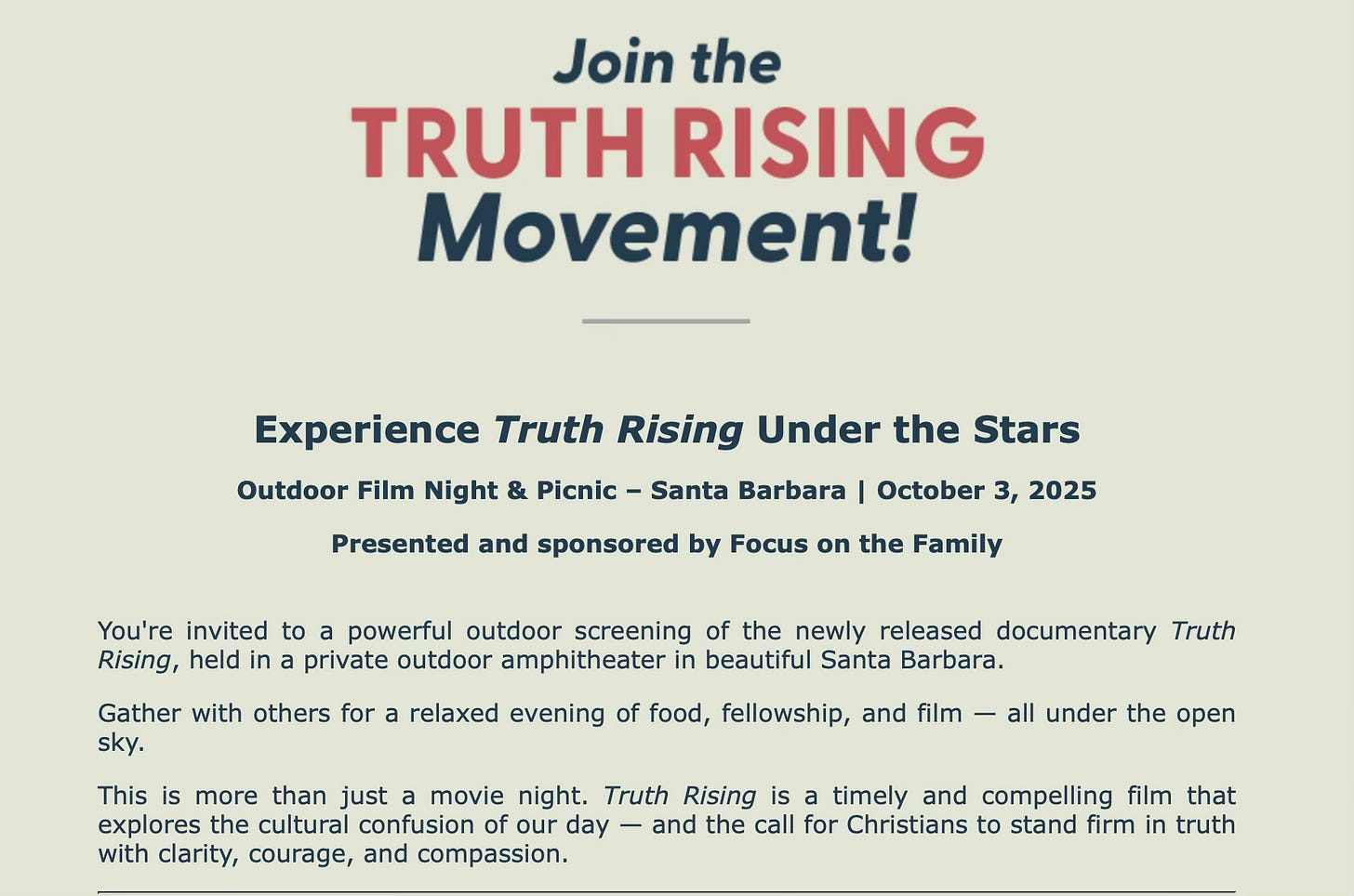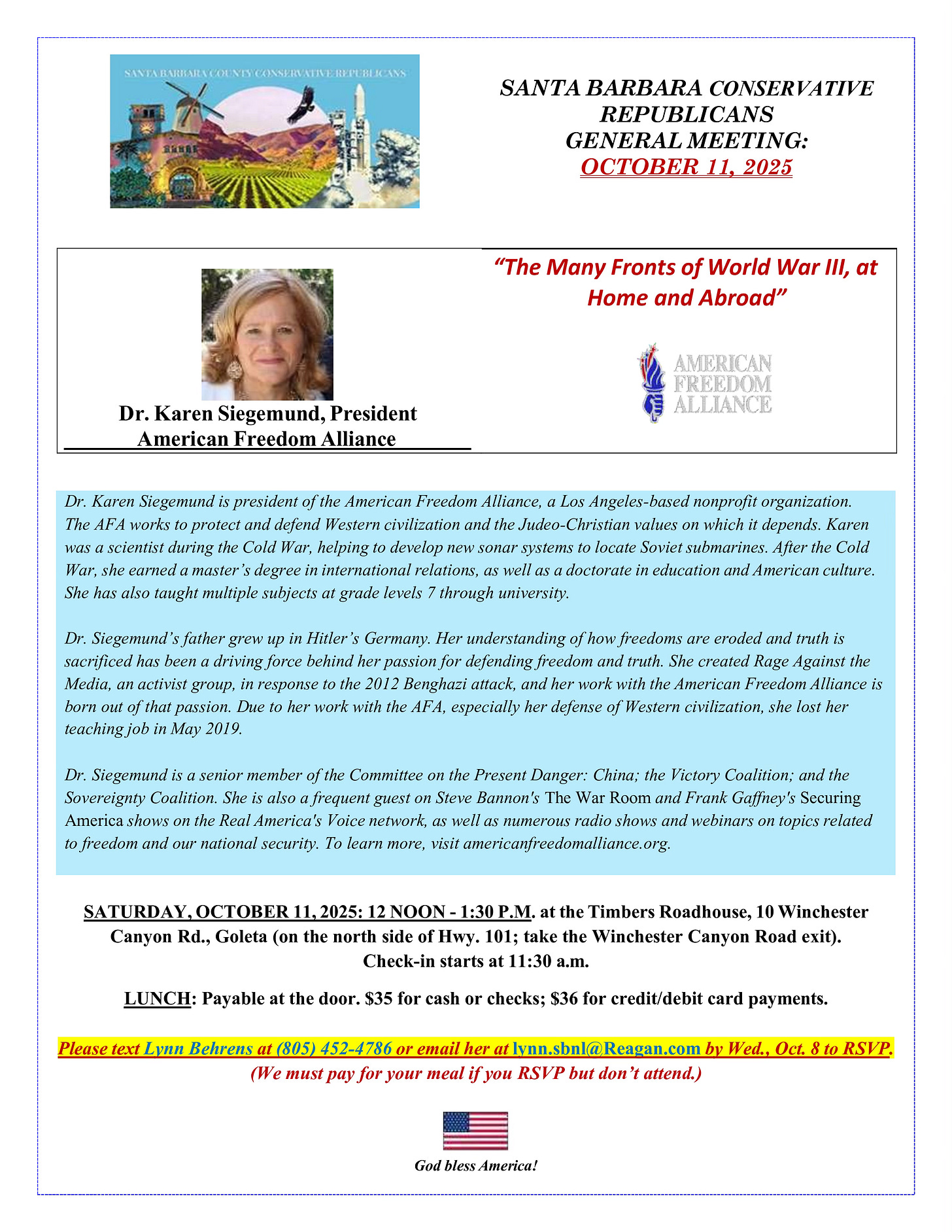On September 8, 2025, the U.S. Supreme Court’s decision surprised many people by upholding the U.S. Immigration and Customs Enforcement (ICE) of the Homeland Security Agency efforts to “interrogate any alien or person believed to be an alien as to his right to be or remain in the United States” under the Immigration and Nationality Act. 66 Stat. 233, 8 USC 1357 (a)(1).
What was the surprise?
The surprise was not that six Justices “stayed,” meaning stopped the application of the District Court’s Temporary Restraining Order (TRO), since that was merely following the U.S. Constitution and laws.
The surprise was six Justices applied the principle attributed to British Prime Minister William Gladstone in 1868 that “justice delayed is justice denied” in using an emergency procedure to eliminate a District Court’s ill-founded Temporary Restraining Order (TRO) in less than 60-days after it was issued.
Supreme Court
On September 8, 2025, which was less than 60 days after the District Court issued its TRO on July 11 and just 31-days after a petition was filed in their Court during their August break, the Supreme Court voted 6-3 to stay the TRO.
To lawyers, the surprise was that the Court reduced the time of more than three years that it typically takes for a case to progress through the court to the Supreme Court to just days.
Timetables are an important part of the tactics used in lawsuits. For example, I sat in a judge’s chambers looking across the table at a plaintiff who had just received a verdict against my client that was tiny compared to his expectations, and I said to him, “You can accept my settlement offer, or appeal me and in five years you may receive some money.”
The plaintiff’s attorneys were very angry: but they settled.
This case illustrates how the Supreme Court is responding to the dissidents who far too often use time to deprive the American public of the programs of their President.
How did this case begin?
District Court
On July 11, 2025, Judge Maame Ewusi-Mensah Frimpong, appointed by President Joe Biden, for the Federal District Court for the Central District of California (includes L.A., Santa Barbara, and Ventura counties) issued a TRO barring ICE from relying on race, accent, and line of work. The judge scheduled a hearing to consider motions for a preliminary injunction and class certification on September 24. Case 2:25-cv-5605. There was no timetable for when she might rule.
Ninth Circuit
The Ninth Circuit Court of Appeals Judges Ronald Gould and Marsha Berzon, both Clinton appointees, and Judge Jennifer Sung, a Biden appointee, upheld the TRO. This Court expressed concerns about reports that the White House set a quota of 3,000 immigration arrests per day and such a target might be spurring unlawful arrests, but White House Chief of staff Stephen Miller denied such a quota existed. Of course, concerns about reports are NOT evidence.
Justice Kavanagh’s Opinion
Justice Brett Kavanaugh’s opinion in Kristi Noem, Secretary of Homeland Security, et al, v Pedro Vasquez Perdomo, et al, No. 25A169, cited that:
• The Government estimated that at least 15 million people are in the United States illegally, and many millions illegally entered (or illegally overstayed) in just the last few years.
• ICE has prioritized the Los Angeles area since an estimated ten percent of the people in this area, or about two million people, are illegally in the United States.
• Immigration stops based on reasonable suspicion of illegal presence have been an important component of U.S. immigration enforcement for decade across several presidential administrations.
“Under L.A. v Lyons, 461 U.S. 95 (1983), plaintiffs likely lack standing under Article III of the Constitution to seek a broad injunction restricting immigration officers from making the investigative stops merely because plaintiffs experienced past harm and fear its recurrence.
“Second, even if plaintiffs had standing, the Government has a fair prospect of succeeding on the Fourth Amendment issue (unreasonable search and seizure) since the Government only needs ‘reasonable suspicion’ that the individual is illegally in the U.S. Reasonable suspicion is a lesser requirement than probable cause and ‘considerably short’ of the preponderance of the evidence standard.”
“Whether an officer has reasonable suspicion depends on the totality of the circumstances,” which include:
There is an extremely high number and percentage of illegals in the Los Angeles area who: “tend to gather in certain areas, work in certain type of jobs that do not require paperwork, come from Mexico or Central America, and do not speak much English.
“In short, the balance of harms and equities favors the Government here.”
The Justice wrote that people who are illegally detained still have the right to sue for damages, but he said Judge Frimpong’s order was vague enough that ICE personnel could be reluctant to do their jobs out of fear they could be accused of contempt. “The prospect of such after-the-fact judicial second-guessing and contempt proceedings will inevitably chill lawful immigration enforcement efforts.”
In Trump v. CASA, Inc., 606 U.S. (page number to be determined) 2025, the Court held that when the Government is “enjoined by a court from effectuating statutes enacted by representatives of the people, it suffers a form of irreparable injury.”
The TRO was stayed.
Dissent
No one should have been surprised that Justices Sonia Sotomayor and Elena Kagan, both appointed by Obama, and Ketanji Jackson, appointed by Biden, dissented against holding in favor of the Trump Administration.
Justice Sotomayor’s 21-page dissent was filled with alleged multiple instances of American citizens being inconvenienced, but not arrested.
The Justice wrote “This Court’s order is troubling for another reason: It is entirely unexplained. In the last eight months, this Court’s appetite to circumvent the ordinary appellate process and weigh in on important issues has grown exponentially” (emphasis added).
Conclusion
Justice Sotomayor found the order “troubling” because the majority found a way to “circumvent the ordinary appellate practice” and quickly implement the “statutes enacted by representatives of the people.”
Community Calendar:
Click here for more information and to sign up to Truth Rising Under the Stars
Got a Santa Barbara event for our community calendar? Fenkner@sbcurrent.com







Many times we see judges today as nothing more than activists in black robes. Trump administration directives and executive orders are being undermined by judicial cheerleading and “judge shopping” by the left. What remedies does the executive branch have for those judges who are knowingly working in concert to delay, obstruct and embarrass a co-equal branch of government?
Do judges now have the authority to mandate foreign policy? Can they rule on the use of our military, use of sanctions and tariffs?
Hopefully, the sometimes bizarre rulings from the “3 Amigas,” Ketanji-Brown, Kagan, and Sotomayor will sunset, and the administration will have an opportunity to appoint new justices.
It seems to me as a legal, documented immigrant, that by whatever means a person enters the USA to live here illegally, that person has knowingly broken the law of the USA and should be deported and advised to apply for legal status using established methods.
There should be no argument among Americans about this. We know and generally, they know that there are processes available for those genuinely seeking asylum and other mitigating circumstances under which to apply for special consideration.
Unfortunately, the previous US government administration, knowingly, opened up our borders as a policy move, without congress changing immigration laws, thus collaborating with the criminal gangs, who for fees, organized the massive increase in illegal migration to America.
We now have millions of illegal immigrants in America soaking up Billions of dollars that add substantially to our national debt and the state government debts or sanctuary states and cities.
The Supreme Court majority acted in accordance with the law, the urgency of the elected government and the needs and interests of most of the American citizens. Above all in this crazy world, they acted with plain, old common sense.